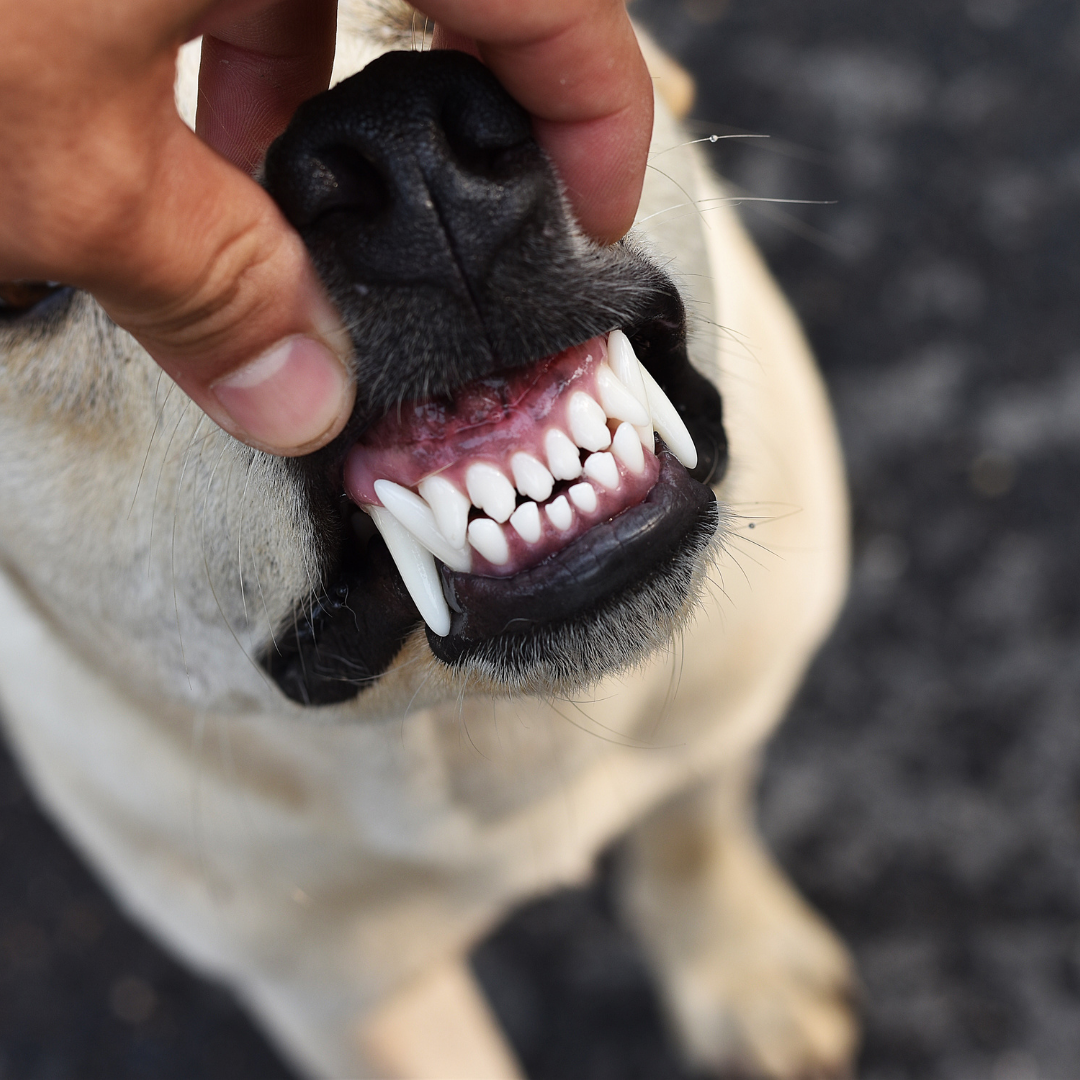Chronic Pruritis (itchy skin), is incredibly common in pets. If your pet has been dealing with this condition for an extended period, you've likely taken them to the Vet to find relief.
Chronic Pruritis (itchy skin), is incredibly common in pets. If your pet has been dealing with this condition for an extended period, you've likely taken them to the Vet to find relief.
Before I continue, I must make it clear that taking a chronically itching pet to the Veterinarian for diagnosis and to discuss treatment options is important. You cannot take appropriate steps toward finding relief without knowing what you're up against.
Itch can be caused by a wide variety of internal or external stimulus, including:
- Diet
- Low quality or incorrect grooming products
- Environmental allergies
- Poor gut health
- Toxin or irritant exposure (such as synthetic fragrances in laundry detergent, household cleaning chemicals, fragrance diffusers, candles and oil burners).
- Reactions to flea and tick medications
There are prescription medications, including Apoquel, that work wonderfully to provide fast-acting relief for your pet. Apoquel's method of action is to inhibit Janus Kinase, which in simple terms, turns 'off' the itch sensation. However, Janus Kinase's are "involved in cell growth, survival, development, and differentiation of a variety of cells but are critically important for immune cells and hematopoietic cells." (NCBI, 2010). On the 11th May, 2023, the Australian Therapeutic Goods Administration submitted a Medicines Safety Update for this class of drug, suggesting Janus Kinase inhibiting drugs are not recommended for use in people at risk of Cardiovascular Disease or Cancer (TGA, 2023).
We recommend that you do not leave your Veterinarian with a prescription of Apoquel without a plan set to ensure that this is not a long-term solution. Itching is not a life threatening condition, and your animal should not need life-long medication to manage it, however we're seeing more and more clients come through our doors, asking for better, more affordable solutions for their pets who have either a). been on Apoquel so long that it no longer works, or b). have needed to increase the dose to maintain effect to a point where it is no longer affordable. Apoquel is considered safe for long-term use by the FDA, however, we argue that the long-term inhibition of essential components of a healthy cell life cycle, or disruption to immune or blood cell production is problematic.
During a nutrition consultation, we will work our way through the list of potential triggers to develop a comprehensive understanding of your pet's lifestyle and their environment, medical history, and flea and tick treatments. We will also ask if the itch varies in intensity, and if your pet has poor dental hygiene or recurrent ear infections, although our first question will always be, "what do they eat?"
We've found most itching can be lessened in severity, or eradicated altogether with dietary intervention. The removal of highly-processed carbohydrates, and addition of fresh, whole-foods, specifically selected to promote yeast die-off, suppress histamine response and fortify the immune system can yield significant results in a short time (on occasions as quickly as two weeks). We have helped reduce the amount required or remove dependency on Apoquel altogether on repeated occasions. When your pet is healthy, and thriving on a biologically appropriate diet, seasonal flare-ups can even be reduced to something you can easily manage at home.
To reiterate, Apoquel can play an important role is providing relief for dogs tormented by itchy skin, giving the skin time to heal and recover from the trauma of chewing, and scratching. However, you must try to seek a diagnosis for the origin of your pet's irritation, and know that Apoquel should only be short-term.




